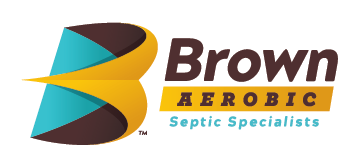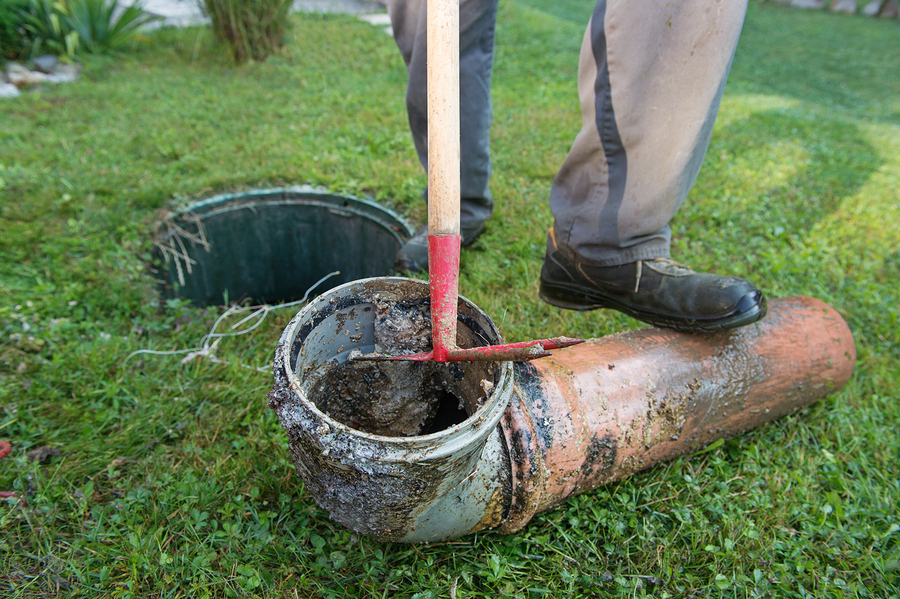Your home’s septic system provides an essential service by removing the wastewater and human waste from your home. In many homes, this job falls to the city sewer system. However, in certain parts of the country, septic systems are still prevalent and a reliable process for removing waste. But along with a septic system comes a few requirements or rules that must be followed to maintain its proper function.
How A Septic System Works
Instead of water and waste flowing to a municipal sewer system, a home with a septic system manages its own waste. Everything that goes down the drains in your home and everything is flushed goes into the septic tank. Here, solid waste settles to the bottom of the tank to be consumed and broken down by anaerobic bacteria. The water flows through an outlet pipe into the leach field of pipes to be filtered through the soil. When the solid waste fills the tank, it must be pumped out. But just like any other system in your home, from time to time, there can be a few issues with your septic system. But most can be avoided once you understand a few basic requirements and facts about your home’s septic system.
Understanding Good Bacteria
The proper function of your septic system relies on good bacteria. These anaerobic bacteria help to break down grease, oil, and fat that is in the holding tank as well as the solid waste. Without these bacteria, you will experience a septic system failure that could result in potentially harmful contamination. So you need to be careful about what goes into the septic tank and avoid any chemicals or products that will harm or kill the good bacteria.
The list of items that should never go into a septic system include:
- Paint
- Paint Thinner
- Gasoline
- Motor Oil
- Insect Or Weed Killer
- Photographic Chemicals
- Solvents
All these items will harm or eliminate the bacteria that the system needs to control the odor and amount of solid waste in your septic tank.
Clogs
Because all of the liquid and solid waste are going into a tank and pipes, it is essential that you prevent clogs in the system. If the septic system develops a clog, the result will likely be raw sewage backing up into your home. Everyday items that are known to create septic system clogs include:
- Cat Litter
- Coffee Grounds
- Cigarette Butts
- Dental Floss
- Disposable Diapers
- Disposable Earplugs
- Feminine Hygiene Products
- Paper Towels
- Plastics
- Grease/Oil/Fat
All of these items are harmful to any drainage system. They should not be flushed or poured down any drain on a septic system or a city sewer system. When you own a septic system, you will be the one paying the bill when it is clogged, not the city.
Protect Your Leach Field
A leach field is simply a series of perforated pipes that allow the greywater to disperse into the soil for purification. The lines can be up to 100 feet in length, and there will be many pipes running in parallel. It is vital that these pipes not be damaged by vehicle or equipment traffic. Never drive over or park cars or trucks over a leach field. And while it is ok to cut the grass with a riding mower, never cross the leach area with heavy equipment that could crush the pipe.
If you experience any issues with the system, call (281) 317-6103 immediately. A licensed plumber from Brown Aerobic Service Company will arrive quickly to examine and correct any small issues before they create a flood of sewage and contamination in your home.

